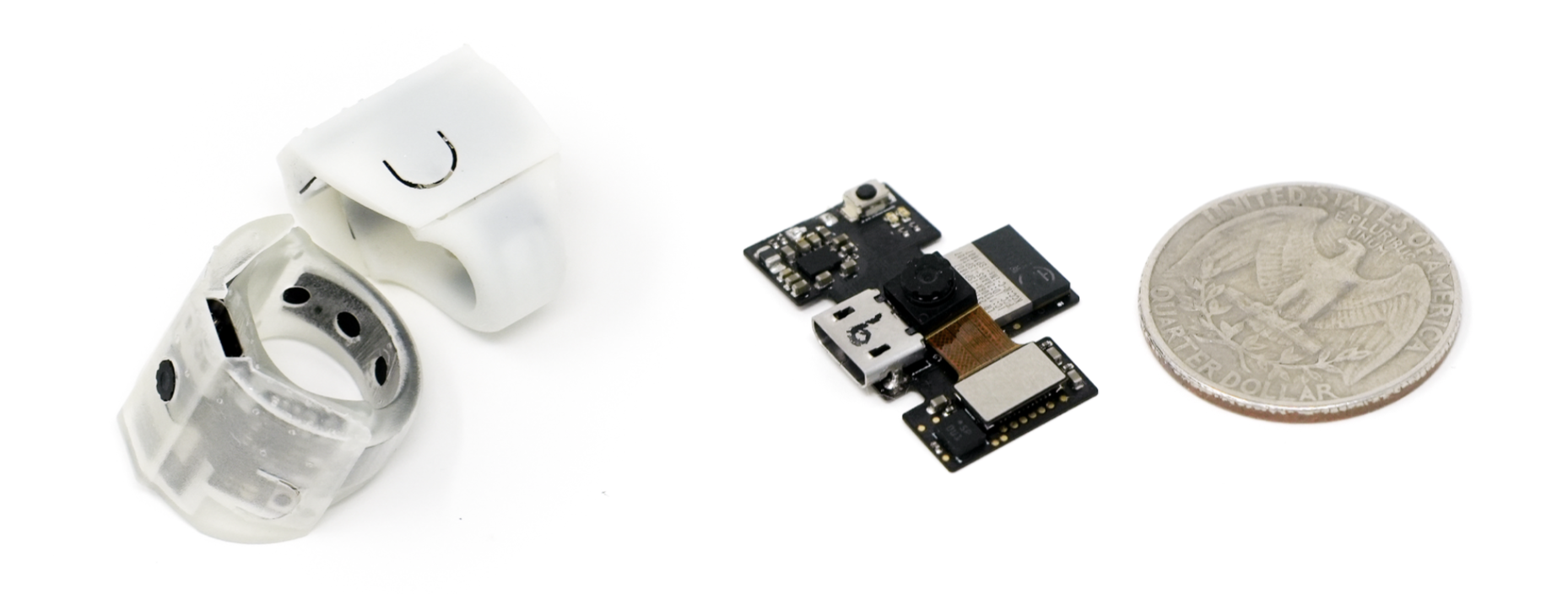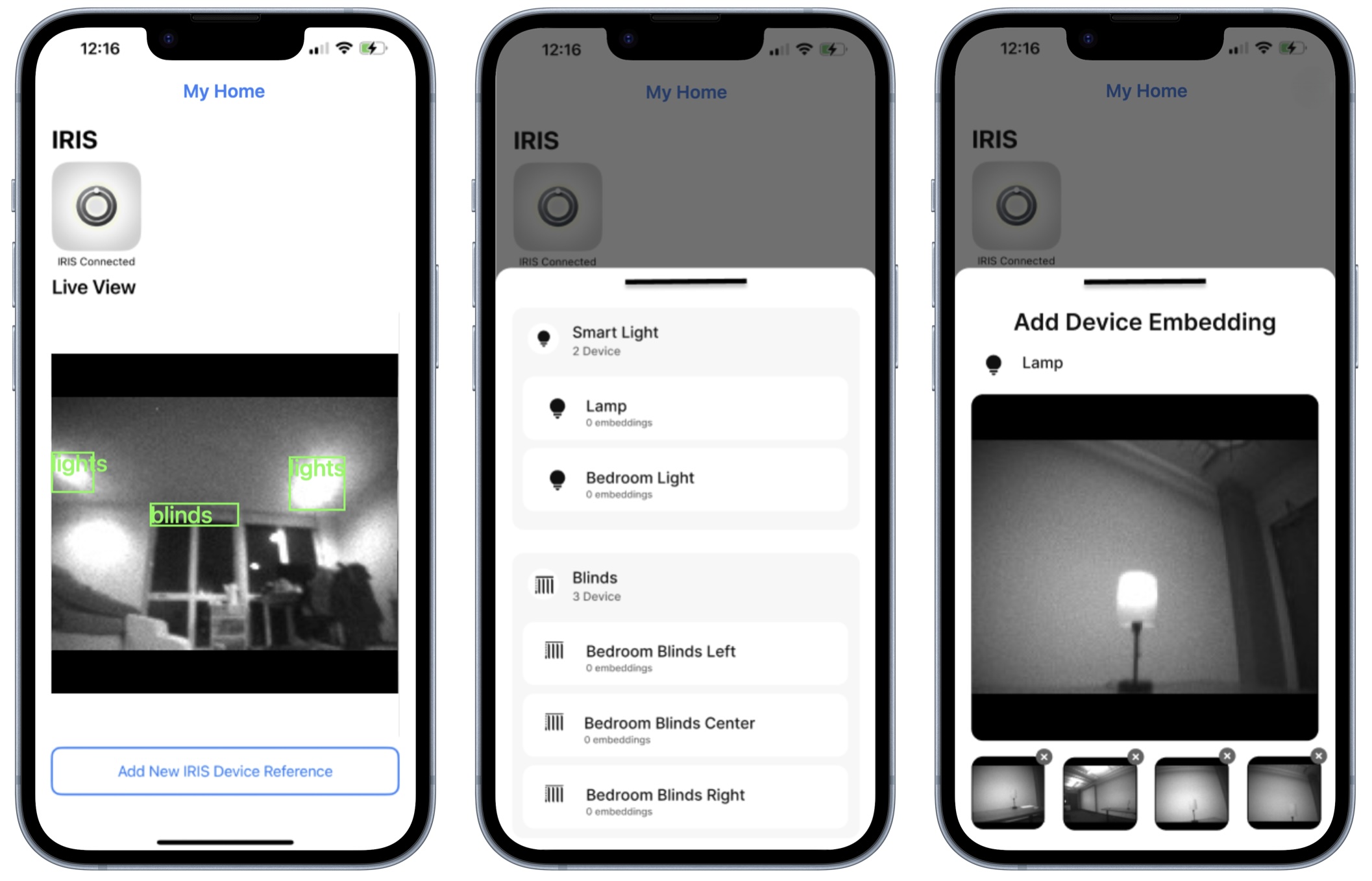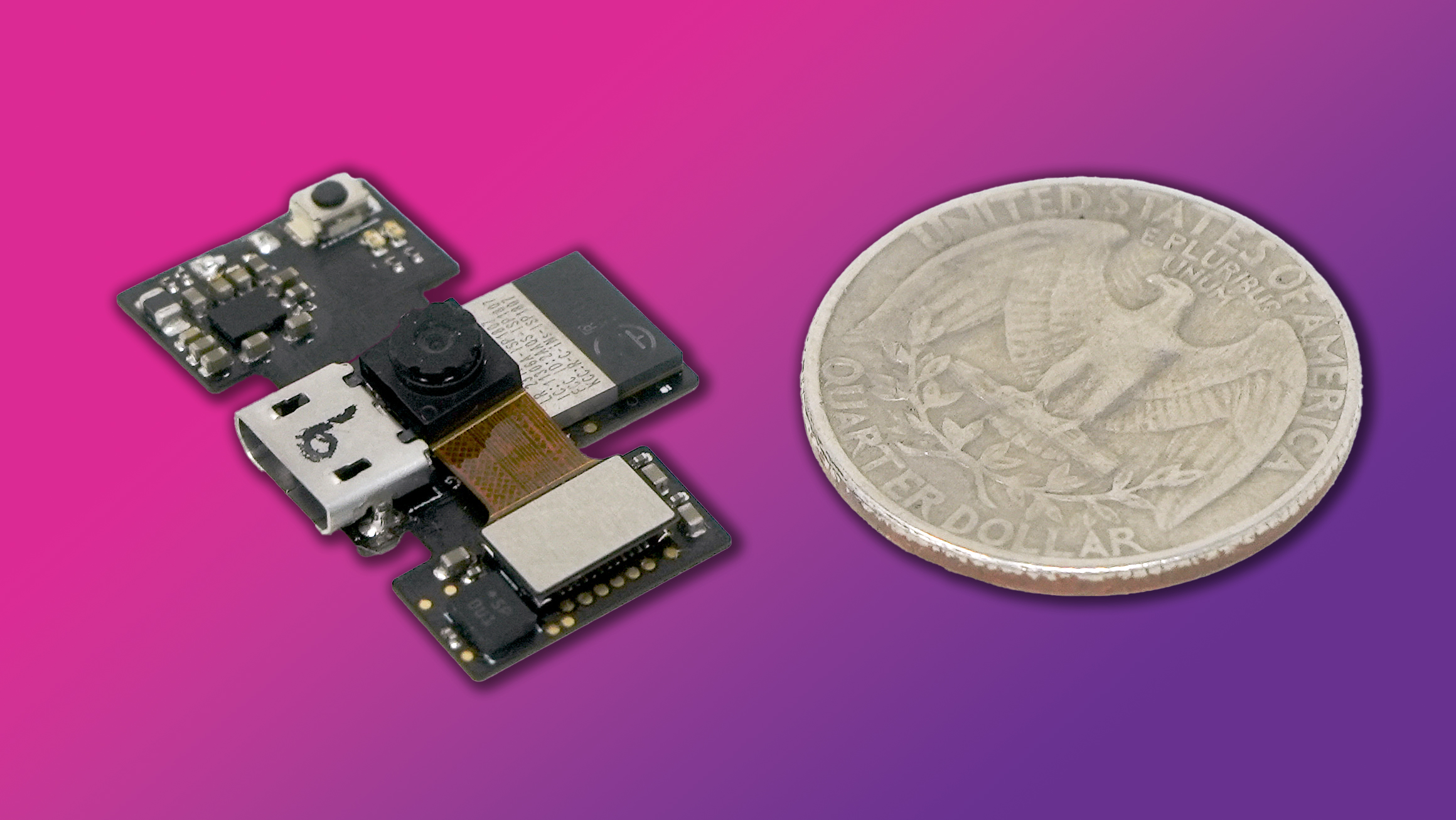Is this the world's smallest AI camera? It can end arguments with Siri and Alexa!
Hate dealing with chatty smart home assistants? You're not alone – and an AI camera small enough to wear on a ring might solve that

Point at a device and it'll do your bidding. Now that's living the dream! Cut down unnecessary chat with 'smart' speakers. That's the IRIS dream, and it's easy to buy into!
Smart home tech has become quite frustrating, and IRIS might be the solution, according to University of Washington researchers. A Bluetooth ring with a tiny directional camera and access to AI means you can simply point at the device you want to control, rather than go through tedious chat commands – as explained in this intriguing video from the Paul G Allen School:
ABOVE: Video explaining the IRIS wireless ring
Personally I love smart home tech – I wrote a book on it and filled my home with the tech when it was at an embryonic stage. But as it has developed over time I have grown a little skeptical of some aspects, not least because I don't enjoy clipped and artificial conversations with bots like Siri. When you're asking for music, it can be even more frustrating because it will go for the more popular artist with a similar-sounding name.
The nadir of this is when you're not alone. It's simply unnatural to pause a conversation with real people to have an extended "Turn up the light to 60%… No, the other light…" discussion with a machine.

That's the issue that IRIS – "interactive ring for interacting with a smart home" – aims to solve using a tiny camera on a ring, which can employ AI models to see what it is being pointed at. You can then use the button on the ring, and simple gestures, for controls – such as rotating your hand to adjust the volume, if the device sees a smart speaker.
According to the University of Washington "In a study with 23 participants, twice as many users preferred IRIS over a voice command system alone (in this case, Apple’s Siri)". Okay, not a big sample size, but I can believe it!
Get the Digital Camera World Newsletter
The best camera deals, reviews, product advice, and unmissable photography news, direct to your inbox!

The study is led by doctoral students, Antonio Glenn and Bandhav Veluri, with professor Shyam Gollakota as senior author. The research was funded by Moore Inventor Fellow, which had previously honored Gollakota for the invention of a camera small enough to ride on the back of a beetle.
There are images detailing the camera and ring, and its construction, which is 3D printed.

Next to a US quarter coin, it's possible to see just how small the components, including the camera, really are. It still has enough power for a day, because the camera is only active for three seconds when triggered with the button, and the gyro rotation sensors just when needed afterwards.
Looking to the future it's already possible to imagine that we'll need a smaller charging port if wearables this size become common!
You might also like
Check our guides to the best smart home cameras, best Apple HomeKit cameras, and our reviews of

With over 20 years of expertise as a tech journalist, Adam brings a wealth of knowledge across a vast number of product categories, including timelapse cameras, home security cameras, NVR cameras, photography books, webcams, 3D printers and 3D scanners, borescopes, radar detectors… and, above all, drones.
Adam is our resident expert on all aspects of camera drones and drone photography, from buying guides on the best choices for aerial photographers of all ability levels to the latest rules and regulations on piloting drones.
He is the author of a number of books including The Complete Guide to Drones, The Smart Smart Home Handbook, 101 Tips for DSLR Video and The Drone Pilot's Handbook.

